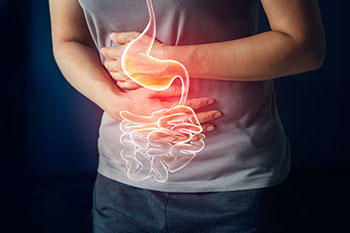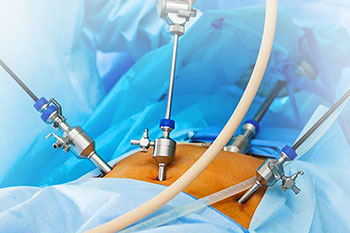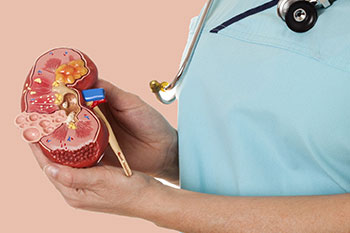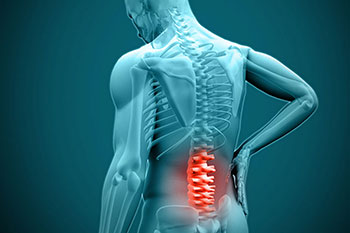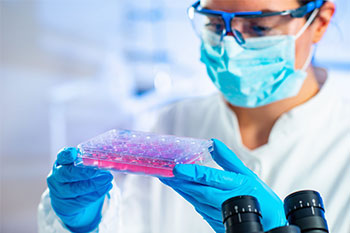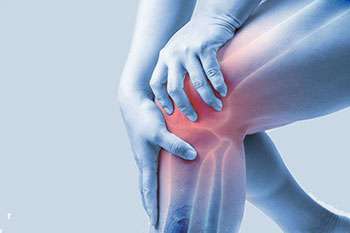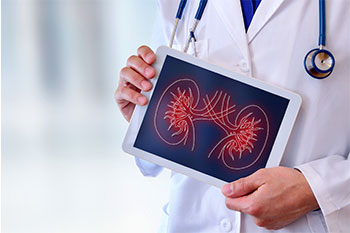Infertility
Infertility is a condition where you cannot get pregnant after one year or more of trying to conceive and is affecting millions of people of reproductive age worldwide. In the female reproductive system, infertility may be caused by a range of abnormalities of the ovaries, uterus, fallopian tubes, uterine fibroids, thyroid disease, irregular or absent menstrual periods and the endocrine system.
In the male reproductive system, infertility is most commonly caused by hormonal problems, problems in the ejection of semen, absence or low levels of sperm, or abnormal shape and movement of the sperm.
Risk factors for men Infertility include:
- Older age
- Smoking cigarettes
- Heavy use of alcohol
- Being overweight or obese
- Genetic disorders, such as cystic fibrosis.
- High heat exposure to testicles from tight clothing or frequent use of hot tubs and saunas.
- Injury to the scrotum or testicles.
- Low sperm count or low testosterone (hypogonadism).
- Misuse of anabolic steroids.
- Premature ejaculation or retrograde ejaculation (semen flows back into the bladder).
- Testicular cancer and treatments.
- Undescended testicles.
Risk factors for female Infertility include:
- Increasing age
- Smoking cigarettes
- Heavy use of alcohol
- Being overweight, obese, or significantly underweight
- Irregular menstruation
- Blocked fallopian tubes
- Celiac disease
- Kidney disease
- Past ectopic (tubal) pregnancy
- Pelvic inflammatory disease
- Pituitary gland disorders, such as Cushing’s syndrome
- Polycystic ovary syndrome (PCOS), ovarian cysts and primary ovarian insufficiency
- Sickle cell anemia
- Thyroid disease
What are the options for fertility treatment?
Intrauterine insemination (IUI)
Intrauterine insemination (IUI) is a procedure in which sperm is put directly inside the uterus.
Invitro fertilization (IVF)
In the IVF process mature eggs are collected from ovaries and fertilized by sperm in a lab and then the fertilized egg (embryo) or eggs (embryos) are transferred to a uterus.
Intracytoplasmic sperm injection (ICSI)
In Intracytoplasmic sperm injection, an embryologist directly injects a single sperm into each of the harvested eggs and then a provider transfers an embryo into the uterus.
The latest Technology used in Gastroenterology Treatment is
Tracking ovulation
Ovulation tracking includes mobile phone apps and wearable fertility trackers. These apps let users know when their most fertile days are and can even send them reminders. Wearable fertility trackers are the latest craze in the fight against infertility. A fertility tracker worn as a bracelet or bracelet monitors your temperature, sleep, and activity levels.
Egg freezing
Egg freezing, known as cryopreservation or vitrification, involves storing unfertilized eggs at freezing temperatures for future use. The reason may be heredity, the result of a medical condition, or simply a desire to store the eggs for future use. There is currently no known time limit for egg freezing. There are even reports of successful pregnancies after ovum freezing for over 15 years.
Genetic screening
Genetic screening allows a person to know if fertility problems are caused by damaged eggs or the general health of one or both parents. Tests can be used to determine whether infertility is hereditary or one-off. If the plan is to become pregnant in the future, genetic screening can reveal any known diseases that may cause fertility problems.
Uterine transplants
With a handful of successful pregnancies, uterine transplantation is becoming an increasingly viable option. uterine transplantation would not be possible without technology to assist genetic matching or surgical procedures.
Artificial Insemination
Artificial insemination means inserting sperm into a woman’s cervix/fallopian tubes. The timing of the procedure is critical, as there is only a 12-hour chance to release an egg. AI will likely include interventions such as ovulation tracking, ultrasounds, and fertility drugs. AI techniques include cervical insemination (ICI), intrauterine insemination (IUI), intrauterine tubo peritoneal insemination (IUTPI), and intratubal insemination (ITI).
Assisted reproductive technology
Assisted reproductive technology (ART) includes all fertility treatments that affect both eggs and sperm. Eggs and sperm are collected outside the body and reinserted after fertilization. Various forms of ART include in vitro fertilization (IVF), frozen embryo transfer (FET), zygote intrafallopian transfer (ZIFT), and gamete intrafallopian transfer (GIFT). The common form of ART is vitro fertilization. Like artificial insemination, assisted reproductive technology involves several components. Ovulation tracking, ultrasound, and fertility drugs are some of the procedures used in the ART process.
Get In Touch
Let’s connect and find better solution for your medical care








